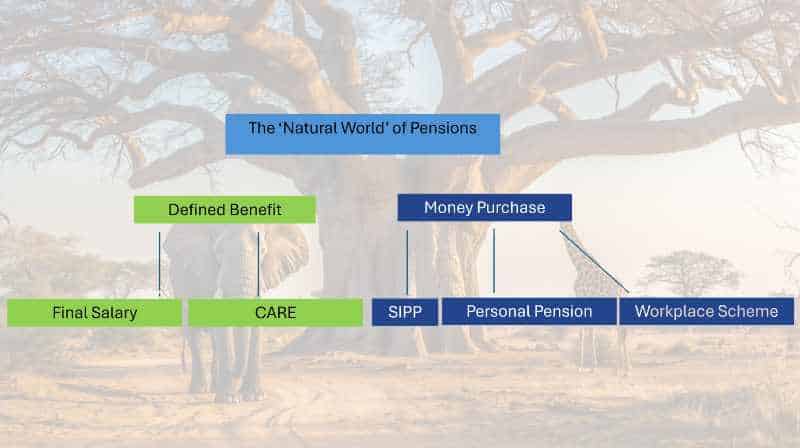
We have two futures: a time-based reality and one that is envisioned in our minds.
The former, the time-based version, is as sure as night follows day. Literally. We know there is a tomorrow, next week, next year, and on and on, ad-infinitum. There is nothing we can do to change the relentless march of time.
The latter though is what goes on in our minds and we can control it.
We tell ourselves stories about the future, good and bad.
We may look forward to a particular event, a birthday party or a holiday or we may worry about something happening, losing a job, getting ill, the safety of our children. I met with a couple once who were convinced one of them had cancer; they had a scan that showed an ominous shadow. Ergo cancer. In their minds they were projecting all the bad things that lay ahead of them, the pain, the suffering, the loss. However, once they spoke to the consultant he explained it wasn’t cancer after all and was nothing to worry about. They had made up their future in their minds and didn’t like what they saw regardless of the facts.
Scientific evidence bears this out. In 2005 a meta-study by the National Science Foundation found that we have as many as 60,000 thoughts a day. Of these, 80% are negative and, staggeringly, 90% of them are repeated. Furthermore, in research at Cornell University, also in 2005, it was found that 85% of what we think about never actually happens. And of the 15% of occurrences that did happen they either weren’t as bad as feared or they provided valuable lessons.
As I have explained to my children, what’s the point of worrying? Either you go through the stress of worry and that bad thing never happens. Or, perhaps it does happen, then you have the double whammy of the bad thing and the stress of worrying about it.
Sometimes we can’t even define what that something is, there’s just a sense of anxiety.
“I’ll be Happy When…”
It may be that our thoughts aren’t negative, we also base our future happiness on a particular outcome. “I’ll be happy when I have a new job or retire, a bigger house or am mortgage free, when I marry or divorce.” Whatever we pin our future happiness on it is entirely in our minds. The problem is that when (if) that event occurs we find that we aren’t actually that happy after all, like the drug user who requires bigger and more frequent highs we believe we need something else, something bigger to make us happy.
This is because we are basing our happiness on external factors rather than realising our happiness can only come from within us. This was made clear to me when I read Clarity by Jamie Smart and reinforced when I listened to this podcast.
In this perception-based version, there is only the present moment. The rest is the chemical processes of our brains.
As Shakespeare wrote in Hamlet
“There is nothing either good or bad, but thinking makes it so”
That doesn’t mean we should ignore the future
Because night follows day and the future has a habit of turning into the present it means we can’t ignore it. We can’t spend our lives as hedonists. As the farmer prepares his fields and tends to his crops to produce a bountiful harvest we too must prepare for our futures, not via a strategy of hope but by taking appropriate steps while we have time.
The steps we can take are to:
- invest money in the global stock markets to build a pot big enough to maintain our lifestyles when we are no longer working.
- have a plan to pay off a mortgage or any other debt.
- minimise the impact of a loss of earnings due to accident, illness or death by setting up life assurance policies.
- have enough money set aside in savings to cover short-term emergencies.
Taking these necessary steps won’t guarantee our future happiness (read the book and listen to the podcast referenced above for more on that) but when the future does turn into the present it will give us more control, choice and freedom.
If you liked this article these ones are in a similar vein:
What’s the point of planning for the future? I might get hit by a bus tomorrow.
Are you using your money in a way that makes you happy?
Or download this guide to the 1o actions to take in your 50s to ensure your financial security forever.
Photo by Benjamin Davies on Unsplash






